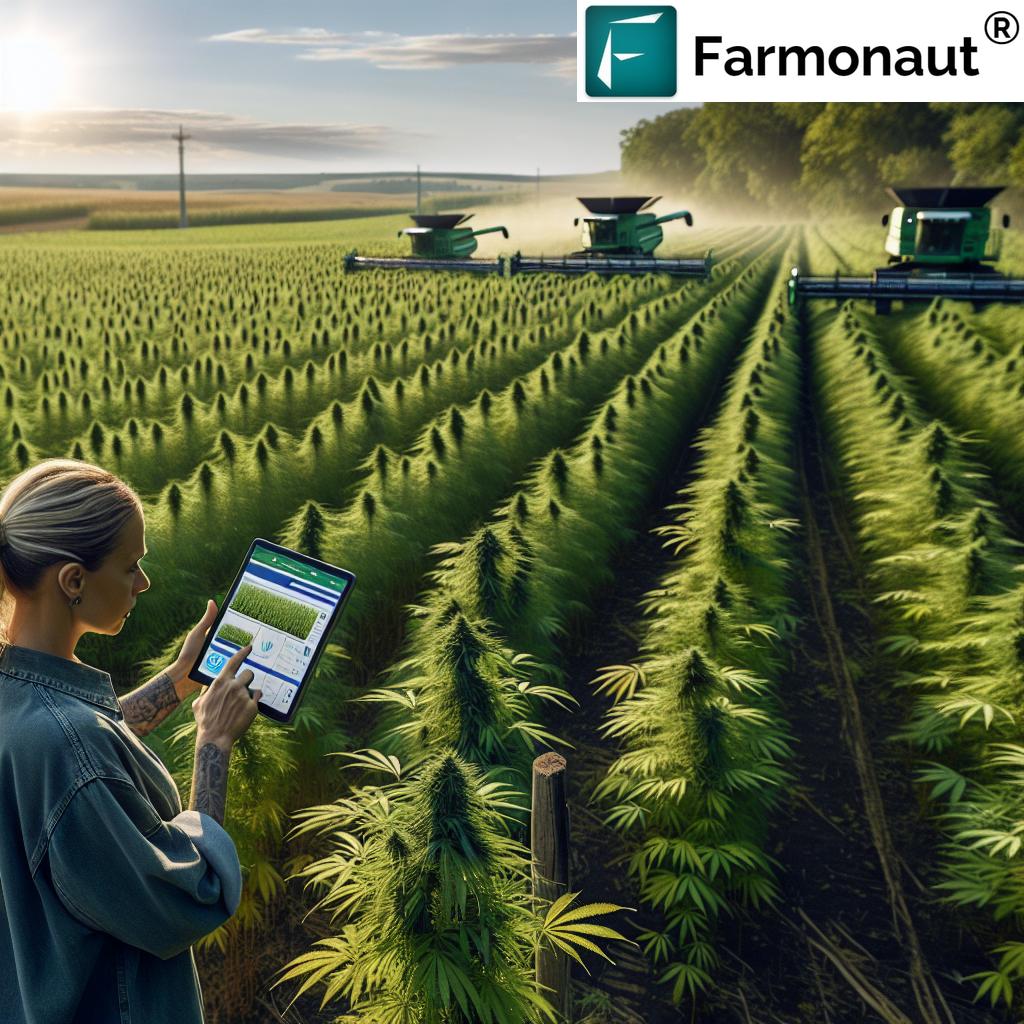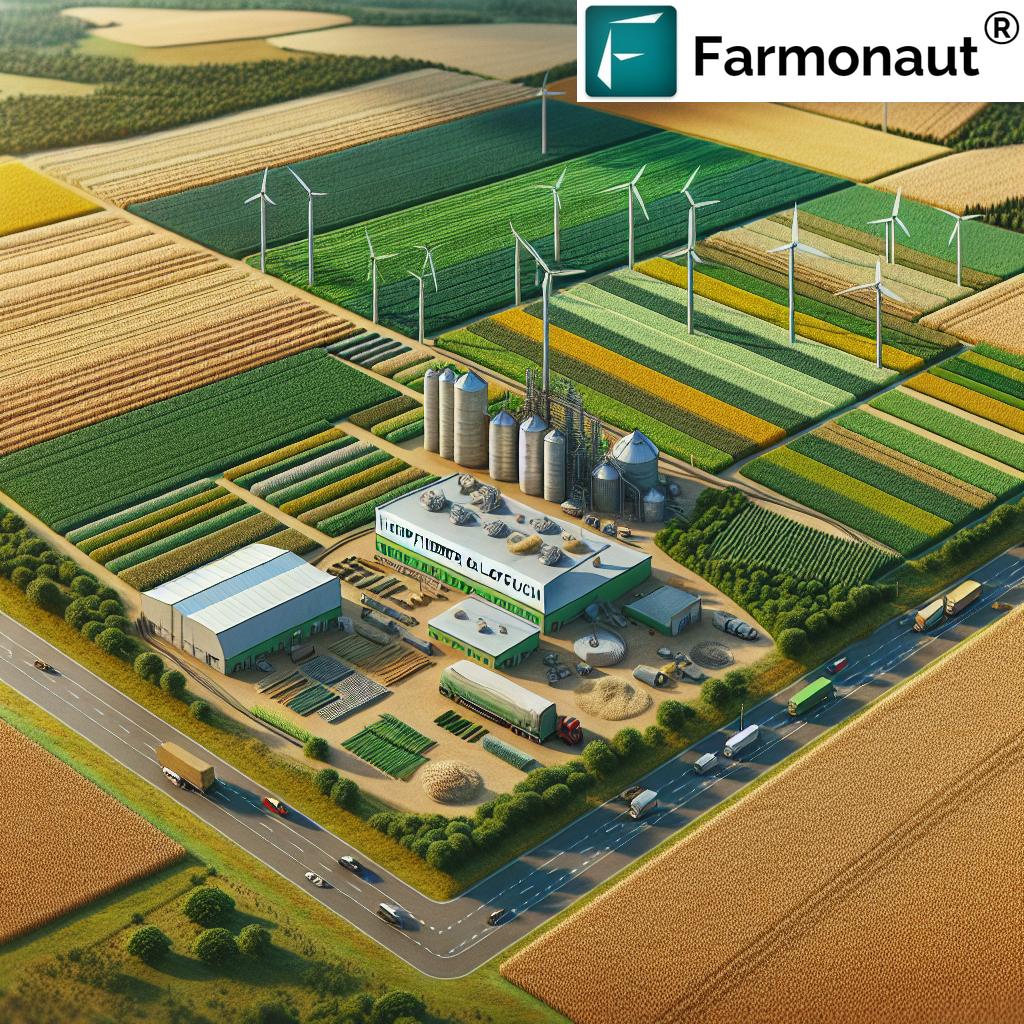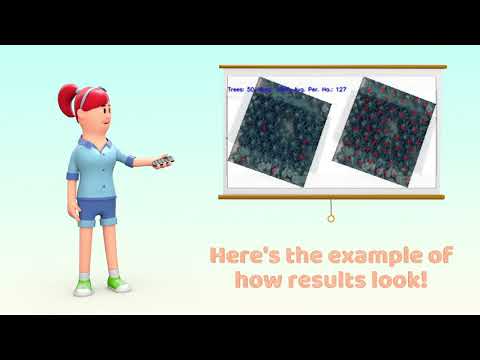Moldova Embraces Industrial Hemp: A Game-Changer for Sustainable Agriculture and Economic Growth
“Moldova’s new hemp regulations allow for multiple harvests per year, potentially increasing farmers’ annual yield and profits.”
In a groundbreaking move, Moldova has taken a significant step towards revolutionizing its agricultural landscape by embracing industrial hemp cultivation. This decision marks a pivotal moment in the country’s journey towards sustainable agriculture and economic growth. As we delve into the implications of this development, we’ll explore how industrial hemp cultivation is set to transform Moldova’s farming practices, boost its economy, and align with European Union (EU) standards.
The Dawn of a New Era: Moldova’s Hemp Farming Regulations
The Moldovan government’s recent approval of hemp farming regulations has paved the way for a new chapter in the country’s agricultural history. This forward-thinking initiative allows farmers to grow hemp for seeds, fiber, and oil, adhering to strict guidelines and using only registered plant varieties. The move not only highlights the environmental benefits of hemp but also presents a lucrative opportunity for profitable crop rotation.

As we navigate through this exciting development, it’s crucial to understand the multifaceted impact of industrial hemp cultivation on Moldova’s agricultural sector and economy. Let’s explore the key aspects of this game-changing move:
Industrial Hemp: A Versatile Crop with Immense Potential
Industrial hemp is a variety of the Cannabis sativa plant species that is grown specifically for industrial use. Unlike its cousin marijuana, industrial hemp contains very low levels of THC (tetrahydrocannabinol), the psychoactive compound found in marijuana. This makes industrial hemp an ideal crop for various applications without the concerns associated with drug use.
- Fiber Production: Hemp fiber is known for its strength and durability, making it suitable for textiles, paper, and construction materials.
- Seed and Oil Production: Hemp seeds and oil are rich in nutrients and have numerous applications in food, cosmetics, and industrial products.
- Environmental Benefits: Hemp is a fast-growing crop that requires minimal pesticides and helps in soil regeneration.
The versatility of industrial hemp extends to various industries, including automotive, where hemp-based materials are increasingly being used for lightweight and eco-friendly components.
Aligning with EU Agricultural Standards
Moldova’s decision to regulate industrial hemp cultivation is not just a local initiative but also a strategic move to align with EU agricultural standards. This alignment is crucial for several reasons:
- It opens up new export opportunities for Moldovan farmers in the EU market.
- It ensures that the hemp produced in Moldova meets international quality standards.
- It facilitates knowledge exchange and technological transfer between Moldova and EU member states.
By adhering to EU standards, Moldova is positioning itself as a reliable producer of high-quality industrial hemp, which could significantly boost its agricultural exports.
Sustainable Crop Production: A Key Focus
One of the most compelling aspects of industrial hemp cultivation is its potential for sustainable crop production. Hemp is known for its:
- Low water requirements compared to many traditional crops
- Natural resistance to pests, reducing the need for harmful pesticides
- Ability to improve soil health through phytoremediation
- High carbon sequestration capacity, contributing to climate change mitigation
These characteristics make industrial hemp an excellent choice for farmers looking to adopt more environmentally friendly practices while maintaining profitability.
Agricultural Diversification: Expanding Opportunities for Farmers
The introduction of industrial hemp cultivation offers Moldovan farmers a chance to diversify their crop portfolio. This diversification is crucial for:
- Reducing dependence on traditional crops
- Mitigating risks associated with market fluctuations
- Improving overall farm resilience
- Creating new revenue streams
With the potential for multiple harvests per year, industrial hemp presents a lucrative option for farmers looking to maximize their land use and profitability.
“Industrial hemp cultivation in Moldova must use only registered plant varieties, ensuring quality control and EU alignment.”
The Economic Impact of Industrial Hemp
The introduction of industrial hemp cultivation is expected to have a significant positive impact on Moldova’s economy. Here’s how:
- Job Creation: From farming to processing and manufacturing, the hemp industry can create numerous jobs across various sectors.
- Export Opportunities: High-quality hemp products can open new export markets for Moldova, particularly in the EU.
- Industrial Growth: The versatility of hemp can spur the development of new industries and strengthen existing ones.
- Rural Development: Hemp cultivation can revitalize rural areas by providing new economic opportunities.

Regulatory Framework: Ensuring Responsible Cultivation
The Moldovan government has implemented a comprehensive regulatory framework to ensure responsible and controlled cultivation of industrial hemp. Key aspects of this framework include:
- Strict licensing requirements for hemp farmers
- Regular inspections to ensure compliance with regulations
- Mandatory use of registered plant varieties
- Clear guidelines on THC content limits
- Regulations on harvesting, processing, and marketing of hemp products
This robust regulatory approach aims to prevent misuse while fostering a thriving and legitimate hemp industry.
The Role of Technology in Hemp Cultivation
As Moldova embarks on this new agricultural journey, the role of technology in maximizing the benefits of hemp cultivation cannot be overstated. This is where innovative agtech solutions like Farmonaut come into play.
Farmonaut’s satellite-based farm management solutions offer valuable tools for hemp farmers:
- Real-time crop health monitoring
- AI-based advisory systems for optimized cultivation practices
- Resource management tools for efficient use of water and fertilizers
- Weather forecasting to plan harvesting and other farm activities
By leveraging these technologies, Moldovan hemp farmers can ensure higher yields, better quality, and more sustainable farming practices.
For more information on how Farmonaut can help with hemp cultivation, visit our web app or download our mobile apps:
Hemp Fiber Uses: A World of Possibilities
The potential applications of hemp fiber are vast and diverse. In Moldova, the development of a hemp fiber industry could lead to the production of:
- Sustainable textiles for clothing and home furnishings
- Eco-friendly construction materials like hempcrete
- Biodegradable plastics for packaging
- High-quality paper products
- Insulation materials for buildings
These applications not only provide economic opportunities but also contribute to Moldova’s efforts in promoting sustainable and environmentally friendly industries.
Hemp Seed Oil Benefits: Nurturing Health and Industry
Hemp seed oil, derived from the seeds of the hemp plant, offers a plethora of benefits that could significantly impact Moldova’s health and industrial sectors:
- Nutritional Value: Rich in essential fatty acids, proteins, and vitamins
- Cosmetic Applications: Used in skincare and haircare products
- Industrial Uses: Can be used in the production of paints, varnishes, and lubricants
- Potential Medical Applications: Being researched for various health benefits
The development of a hemp seed oil industry in Moldova could create new opportunities in food processing, cosmetics manufacturing, and pharmaceutical research.
Profitable Crop Rotation: Enhancing Agricultural Sustainability
One of the most significant advantages of industrial hemp cultivation is its potential for profitable crop rotation. Hemp can be integrated into existing crop rotations to:
- Improve soil health by breaking pest and disease cycles
- Enhance soil structure and fertility
- Provide an additional income stream for farmers
- Reduce the need for synthetic fertilizers and pesticides
By incorporating hemp into their crop rotations, Moldovan farmers can improve the overall sustainability and profitability of their operations.
Environmental Benefits of Hemp: A Green Revolution
The environmental benefits of hemp cultivation are numerous and significant, making it a crucial crop in the fight against climate change and environmental degradation:
- Carbon Sequestration: Hemp absorbs more CO2 per hectare than any forest or commercial crop
- Soil Remediation: Hemp can clean up contaminated soils by absorbing toxic metals
- Biodiversity Support: Hemp fields can provide habitat for various wildlife species
- Water Conservation: Hemp requires less water compared to many traditional crops
These environmental benefits align perfectly with Moldova’s goals for sustainable agriculture and environmental protection.
Agtech Innovation: Maximizing Hemp Cultivation Potential
To fully realize the potential of industrial hemp cultivation, Moldovan farmers can leverage cutting-edge agtech innovations. Farmonaut’s advanced solutions can play a crucial role in this aspect:
- Satellite-Based Crop Monitoring: Regular updates on crop health and growth patterns
- AI-Powered Insights: Personalized recommendations for optimal hemp cultivation
- Resource Management: Efficient allocation of water and nutrients
- Weather Forecasting: Accurate predictions to plan farming activities
Explore Farmonaut’s API for custom integration of these features into your farming operations: Farmonaut API
For detailed information on using our API, check out our API Developer Docs
Industrial Hemp Applications and Benefits in Moldova
| Application | Benefits | Estimated Impact |
|---|---|---|
| Fiber Production |
– Sustainable textile manufacturing – Construction materials (hempcrete) – Paper production |
20% increase in agricultural exports by 2025 |
| Seed and Oil Production |
– Nutritional supplements – Cosmetics industry growth – Industrial lubricants |
15% growth in food processing sector by 2026 |
| Environmental Benefits |
– Soil regeneration – Carbon sequestration – Reduced pesticide use |
15% reduction in agricultural carbon footprint by 2030 |
| Economic Growth |
– Job creation in rural areas – Diversification of agricultural exports – Development of new industries |
5% increase in rural employment by 2027 |
Challenges and Opportunities
While the introduction of industrial hemp cultivation in Moldova presents numerous opportunities, it also comes with its set of challenges:
- Education and Training: Farmers will need to be educated on best practices for hemp cultivation.
- Infrastructure Development: Processing facilities and supply chains need to be established.
- Market Development: Efforts will be required to create demand for Moldovan hemp products.
- Regulatory Compliance: Farmers and processors must navigate the new regulatory landscape.
However, these challenges also present opportunities for innovation, job creation, and economic growth. With the right support and investments, Moldova can overcome these hurdles and establish itself as a leader in sustainable hemp production.
The Future of Hemp in Moldova
As Moldova embarks on this exciting journey of industrial hemp cultivation, the future looks promising. We can expect to see:
- A thriving hemp industry contributing significantly to the national economy
- Increased agricultural exports and improved trade relations with the EU
- More sustainable farming practices and improved environmental conditions
- Innovation in various sectors, from textiles to construction
- Enhanced rural development and job creation
With the right combination of government support, technological innovation, and farmer engagement, Moldova is well-positioned to become a leading player in the global hemp market.
Conclusion
Moldova’s decision to embrace industrial hemp cultivation marks a significant milestone in its agricultural and economic development. This move not only aligns the country with EU agricultural standards but also opens up a world of opportunities for sustainable growth, environmental conservation, and economic prosperity.
As the country navigates this new terrain, the role of innovative technologies and sustainable farming practices will be crucial. Farmonaut’s advanced agtech solutions can play a vital role in helping Moldovan farmers maximize the benefits of hemp cultivation, ensuring optimal yields and sustainable practices.
The journey ahead is exciting, and with the right approach, Moldova can set an example for sustainable agriculture and economic growth through industrial hemp cultivation. As we watch this green revolution unfold, it’s clear that the future of Moldovan agriculture is not just sustainable, but also incredibly promising.
FAQs
- Q: Is industrial hemp the same as marijuana?
A: No, industrial hemp contains very low levels of THC (the psychoactive compound in marijuana) and is grown for industrial use. - Q: What products can be made from industrial hemp?
A: Industrial hemp can be used to produce textiles, paper, construction materials, food products, cosmetics, and many more items. - Q: How does hemp cultivation benefit the environment?
A: Hemp is known for its ability to absorb CO2, improve soil health, and require fewer pesticides than many traditional crops. - Q: Will hemp cultivation in Moldova create new job opportunities?
A: Yes, the hemp industry is expected to create jobs in farming, processing, manufacturing, and related sectors. - Q: How can Farmonaut help hemp farmers in Moldova?
A: Farmonaut offers satellite-based crop monitoring, AI-powered insights, and resource management tools to help farmers optimize their hemp cultivation practices.





